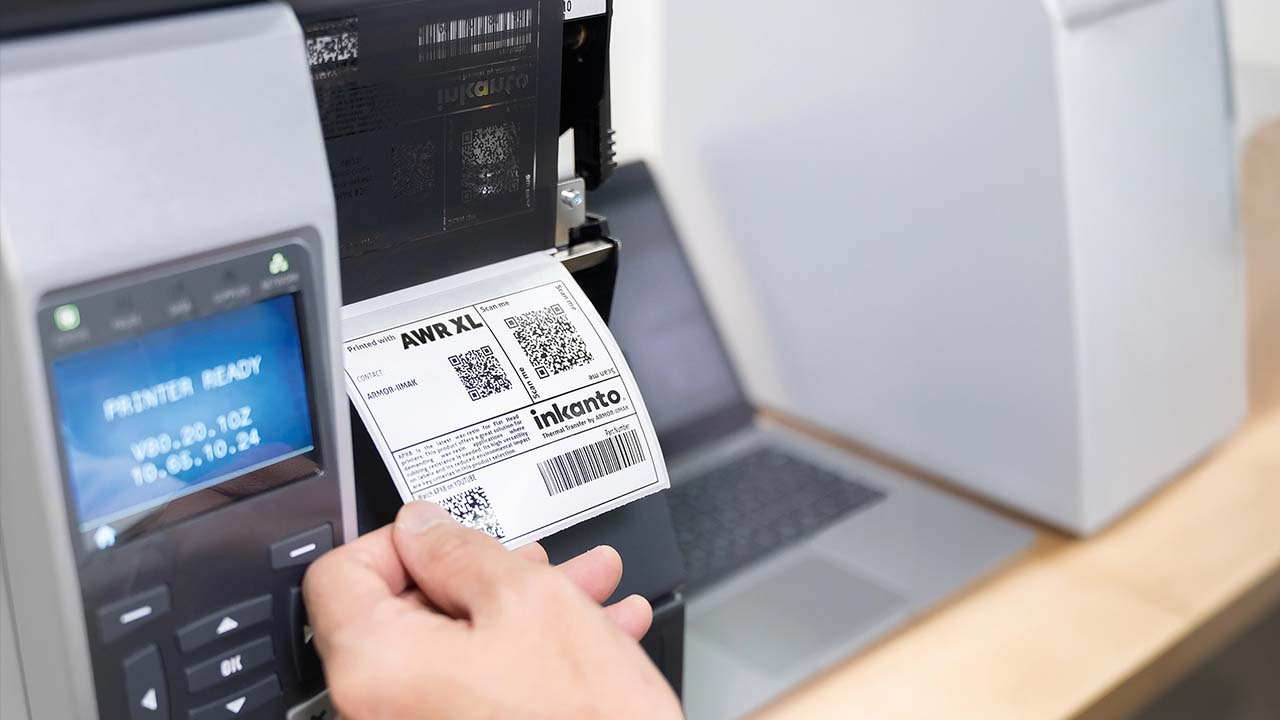Synthesis + synergy
A PP-based alternative to current synthetic papers has been launched by French-based Sodinor in partnership with one of the world’s biggest plastics processing groups. Andy Thomas reports
A new range of PP-based synthetic papers manufactured by a giant plastics processing group in Taiwan is now available on the European market through French company Sodinor.
Sodinor has been one of the European agents of the Taiwan-based Nan-Ya Plastics group since 1999. Part of the gigantic Formosa Group, Nan-Ya 1st and 3rd division specializes in the development of filmic substrates, and in particular synthetic paper. Nan-Ya Plastics Corporation was founded in 1958 and is claimed to be the world’s largest secondary plastics processor, with products stretching across plastics, fibers, electronics materials and petrochemical raw materials. Its parent group Formosa Plastics Corporation was founded in 1954 and is capitalized at $1.85bn. The company is ISO9001 and ISO14001 registered.
Sodinor is headquartered in Lille, France, and has three warehouses in the area which enable it to hold high levels of stock and deliver on short lead times. The company is promoting to the European market Nan-Ya’s latest BOPP synthetic papers: the 2-side coated Foliset, non-coated Folimat and Foliplast, made from a modified OPP. All these products are foldable, waterproof, non-tearable and highly durable.
Sodinor says theses films are easy to recycle – with no ozone gas emission if burned for energy recovery – and are REACH-approved. They show good tear resistance on both sides and are anti-static. Both are certified for direct food contact in compliance with EC Directives 85/572, 90/128 and 97/48 and are resistant to hostile environmental conditions: to heat at 120 deg C, temperatures down to –25 deg C, to humidity, deep freezing, aggressive chemicals and fat.
In conversion terms, the material is claimed to exhibit good folding, perforation, embossing, punching and die-cutting performance. It is printable to a high definition with standard plastics-capable inks using both UV and non-UV offset, flexography, screen and gravure. ‘The advantages of using a polypropylene against a PE is it can be printed without UV,’ says Maxime Puech, president of Sodinor.
Sodinor says that for converters the material exhibits the high degree of dimensional stability one would expect from a bi-axially oriented film, along with good rigidity. The Foliset films targeted at the tag and label industry exhibit a high degree of opacity in a range of 93 percent on the thickest grades and 87 percent on the thinnest. For VIP applications the films are said to respond well to thermal transfer printing.
The Foliset films are available in a range of thicknesses from 80–280 microns (71.2–193.2 gsm), and applications range widely from tags and luggage labels to barcode labels, equipment rating labels and pressure-sensitive laminate constructions.
Foliplast, formulated with modified OPP, has a high opacity and rigidity which make it suitable for applications such as garden tags, POP advertising, sport advertising, outdoor and indoor.
Sodinor has access to high levels of technical support from the Nan-Ya group, and at the same time is feeding back information on trends in the European narrow web market – for example the growing importance of UV inkjet and digital printing.
Pictured: The Sodinor team. The company offers short lead time delivery of Foliset synthetic paper from its three Lille-based warehouses
Stay up to date
Subscribe to the free Label News newsletter and receive the latest content every week. We'll never share your email address.


